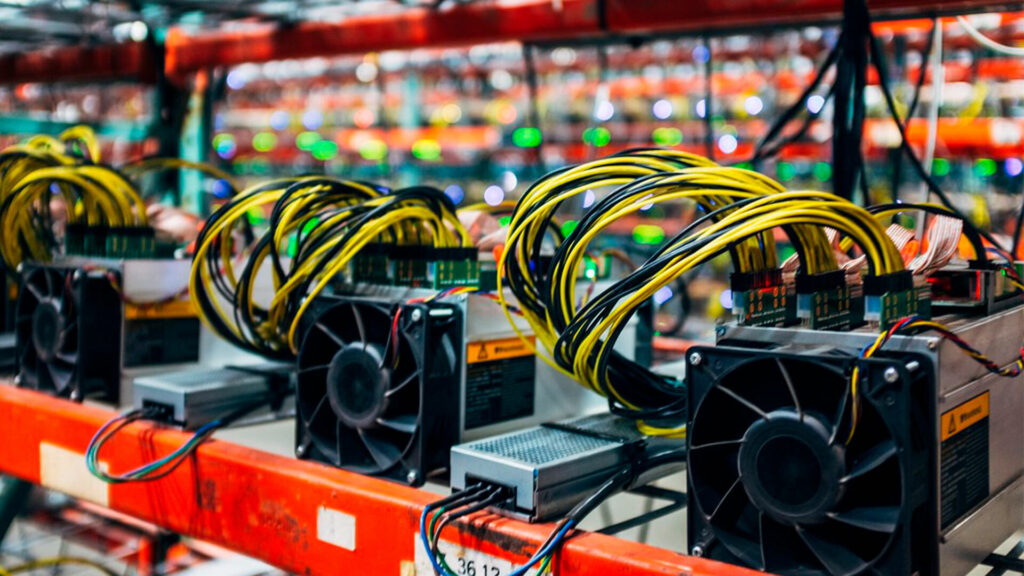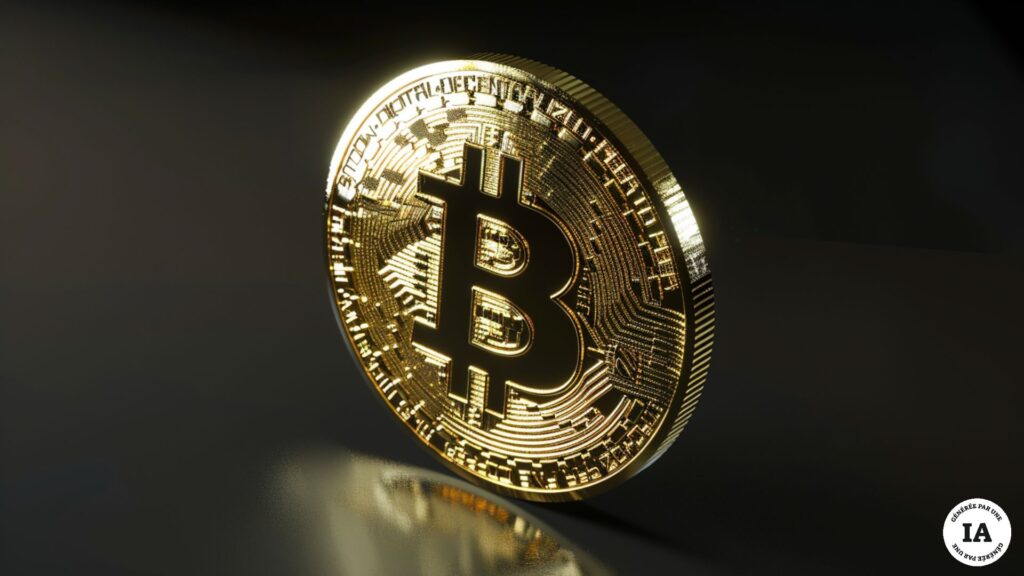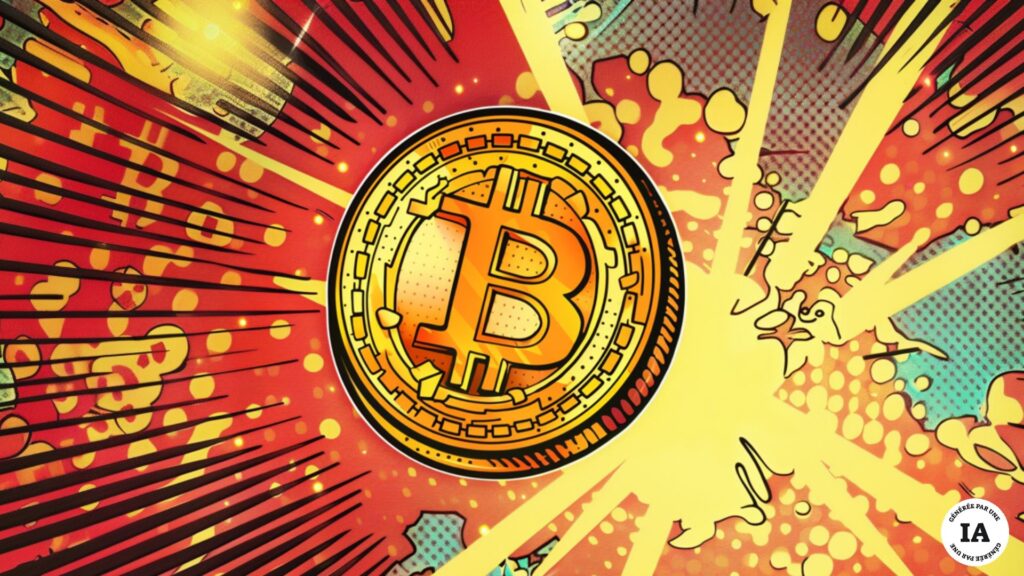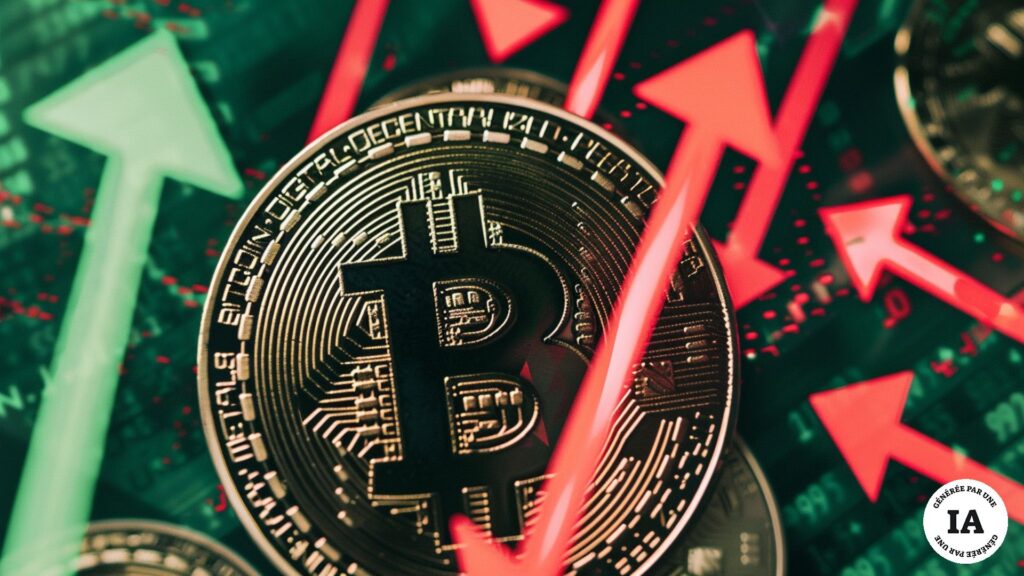FTX Customers Poised to Recover All Funds Lost in Collapse
Read more of this story at Slashdot.
Read more of this story at Slashdot.

On dit que pendant la Ruée vers l'or, ceux qui se sont enrichis n’étaient pas les chercheurs d’or, mais ceux qui leur vendaient les pioches. Les fabricants de machines de minages ont aujourd’hui le rôle des vendeurs de pioches vis-à-vis des mineurs de bitcoin. Ils proposent du matériel de plus en plus performant pour un marché ultraconcurrentiel estimé à plusieurs milliards de dollars. Une course à l’armement qui a des conséquences environnementales encore méconnues.

Les hackers du pouvoir nord-coréen chassent leurs futures victimes sur le réseau professionnel LinkedIn. Ils se font passer pour des recruteurs et piègent leur cible avec des documents malveillants. Nous sommes partis à la recherche de ces faux profils avec un expert.
Read more of this story at Slashdot.
Read more of this story at Slashdot.
Read more of this story at Slashdot.

Avec le halving, les mineurs reçoivent deux fois moins de bitcoins. Tous les quatre ans, leur récompense est automatiquement réduite et remet en jeu la viabilité de leur modèle économique. Comment font les mineurs pour être rentables, malgré cette baisse de revenu ?

Le halving du bitcoin a eu lieu dans la nuit du 20 avril 2024, et ses premiers effets se font d'ores et déjà ressentir sur le cours de la crypto-monnaie. Il va cependant falloir attendre avant de voir son impact sur le long terme.

Alors que le halving du bitcoin approche, de nouvelles études se montrent pessimiste quant à son influence sur le prix de la crypto-monnaie. Certains estiment que le halving ne créera pas d'augmentation, d'autres pensent qu'il va les faire chuter.

Le halving approche à grands pas. Les experts sont divisés sur ce qu'il va advenir du bitcoin après cet évènement. Le prix de la crypto-monnaie va-t-il exploser, stagner ou bien chuter ?

Le 3 avril 2024, le Bitcoin Cash, une copie dérivée du bitcoin, a fait son halving en avant-première. Deux semaines avant le BTC, cette cryptomonnaie a divisé son émission de jetons numériques par deux. Elle nous donne un aperçu de ce qui attend le véritable bitcoin le 20 avril.

Le halving est un phénomène très attendu par l'industrie des crypto-monnaies, car il est normalement suivi par une forte période d'augmentation des prix. Cette fois-ci, les mineurs sont également à l'affût de bitcoins très particuliers.
Read more of this story at Slashdot.

Dollar, euro ou yen : toutes ces monnaies ont leur émoji. Alors pourquoi pas le bitcoin ? À quelques jours du halving, des activistes ont lancé une pétition en ligne pour donner à la cryptomonnaie emblématique son émoji. Pourrons-nous bientôt inonder nos messages d'émoticônes BTC ? La question est moins anodine qu'on ne le pense.
Read more of this story at Slashdot.
Read more of this story at Slashdot.

Les modèles prédictifs d’une nouvelle étude scientifique sont parvenus à dater ce qui serait la « fin du bitcoin », déjà tant de fois annoncée par erreur. Plongée dans ces statistiques diseuses de mauvaise aventure.
Read more of this story at Slashdot.
Read more of this story at Slashdot.